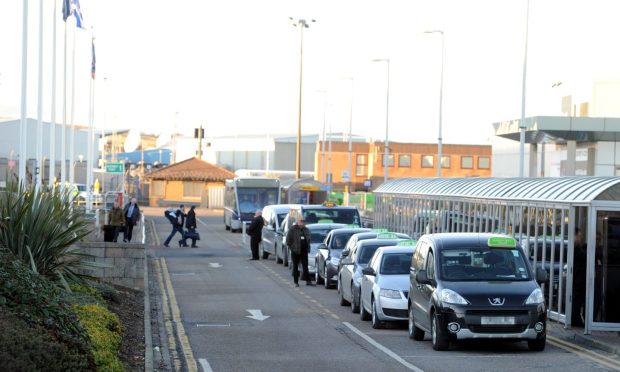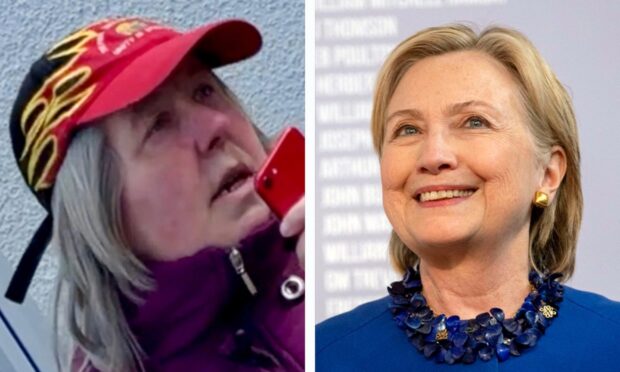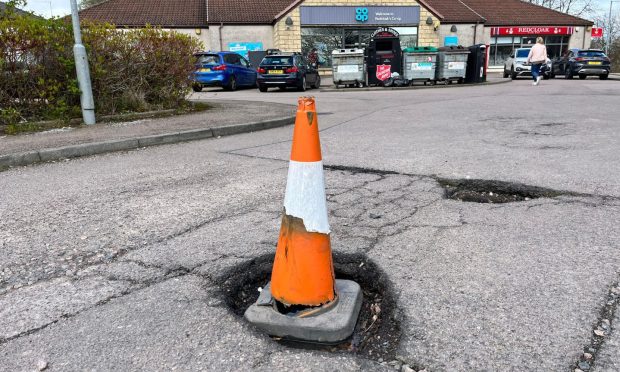Calls have been made for reckless dog owners to face tougher punishments when their pets attack livestock.
New figures released by the Conservatives show that the largest fine handed out for livestock worrying was just £500.
The most recently available figures reveal the Highlands has experienced the highest number of incidents in the past decade, with 186 offences.
>> Keep up to date with the latest news with The P&J newsletter
In Aberdeenshire, there were 142, with the number hitting a five-year high in 2017.
Meanwhile, across the country the number of worrying offences has more than doubled in the past decade.
In 2007-8, there were 81 offences recorded under the Dogs (Protection of Livestock) Act 1953.
But a decade later, this had more than doubled to 170, although this was a slight decrease on the previous year.
In 2016-17, there were 175 crimes reported, but just 19 people were convicted, partly due to a lack of witnesses, because so many of the incidents generally take place in remote, rural locations.
Earlier this year, North East MSP Peter Chapman spoke in support of the “Take a Lead” campaign which called for legislative changes, but claims he has become frustrated due to a “lack of action” from the government.
In the summer, Emma Harper MSP, the parliamentary liaison officer to cabinet secretary for the rural economy Fergus Ewing, said she planned to bring forward a private members bill to tackle the issue.
But Mr Chapman believes existing legislation could be strengthened while farmers are “waiting patiently” for the bill to appear.
He said: “If someone vandalised a car or other private property, their fine could be much higher.
“That’s a kick in the teeth for farmers who can literally be robbed of their livelihood.
“I believe all dog owners must be aware of the harm an out-of-control dog can cause, and reckless dog owners should be punished.
“That may not require a whole bill, rather strengthening of existing powers.
“In the meantime, more sheep and cattle are being killed, livelihoods damaged and reckless dog owners are walking away without punishment.”
Earlier this year, Rothesay resident Nicolas Rowley was ordered to carry out unpaid work after allowing four dogs to seriously injure and kill 17 farm animals near Inveraray.
While the incident cost the owner around £4,100, sheriffs are unable to impose fines greater than £1,000 and can’t ban anyone from owning dogs.
After saying he was unable to pay a penalty or compensation, Rowley was instead sentenced to work for 80 hours in the community.
In May, Highland farmer Lesley Frost-Schenk lost 12 rare prized sheep and a tame deer in what she called a “massacre” on her land near the River Carron.
A Scottish Government spokesman said: “Livestock worrying is a serious issue and we fully support all campaigns and efforts to encourage dog owners to act responsibly at all times. Sentencing in any given case is a matter for the independent court.
“With that in mind, we have commissioned new research into the impact of dog attack and predation by wildlife on farmed sheep, along with new ways to prevent this.
“It is already an offence for a dog owner to allow their animal to worry livestock and local authorities have the power to issue dog control notices.”










